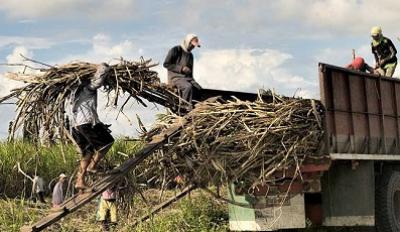
Corporations have been selling ‘ethical’ products and services to consumers for over three decades. Many of these efforts have been organised under the banner of corporate social responsibility (CSR), with proponents advocating this as a means to secure workers’ rights. Despite their well-documented limitations and brands acknowledging the need for improvements, most CSR initiatives continue to resist the structural changes needed. They instead prefer to tinker around the edges of a failed model.
Most CSR programmes are designed to fail. This starts with their top-down approach. As a general rule they rely on credentialed outsiders, who have little to no ties to workers and their communities. Global brands and retailers tend to bargain-hunt with the auditing industry as much as they do with their suppliers. Auditors seeking to win contracts are largely assessed in terms of their capacity to work quickly. They usually have a set number of days on site and whatever they come back with becomes their findings. This approach has cost lives. Factories like Ali Enterprises, Tazreen Fashions, and Rana Plaza had all been monitored or certified by an international code of conduct initiative before they suffered accidents that left over 1500 workers dead within a year.
CSR initiatives are based on the premise that global corporations are good actors, and that all will be well if their ethos is implemented throughout their supply chain. Yet if brands really are good actors, we would expect greater supply chain transparency – on both supplier locations and compliance – and public commitments to increase orders from good suppliers over time. Yet most audits are confidential and voluntary. They come with no meaningful role for workers and their organisations, and virtually no repercussions for the brands when workers’ rights are abused or their safety is put at risk. This enables brands to silence findings and walk away if the code of conduct auditors find problems too difficult to fix.
Socially responsible investors can help change this approach by asking the companies they invest in for more meaningful information about their supply chain due diligence process, especially its effectiveness at identifying and remediating labour rights abuses. These are key components of the “know and show” benchmarks in the UN Guiding Principles on Business and Human Rights, now influencing the proliferation of national laws requiring companies to conduct due diligence in their supply chains.
Socially responsible investors can support these laws by asking companies to demonstrate their impact on workers’ ability to exercise their rights. The best way for companies to demonstrate such impact is by showing their support for initiatives that put workers front and centre. Worker-driven approaches, such as the Accord on Fire and Building Safety in Bangladesh or the Coalition of Immokalee Workers’ Fair Food Program, have a demonstrated track record of delivering results for both workers and brands.
Albert Einstein is said to have defined insanity as doing the same thing over and over again and expecting a different result. This famous definition accurately captures the current state of play as far as most CSR programmes are concerned. The same models get tried and tried again, yielding disappointing results, yet advocates of CSR continue to declare that the next time will be different. The only way that things will be different ‘next time’ is if there is a sustained investment in actually doing things differently. Doing more of the same would be insane.